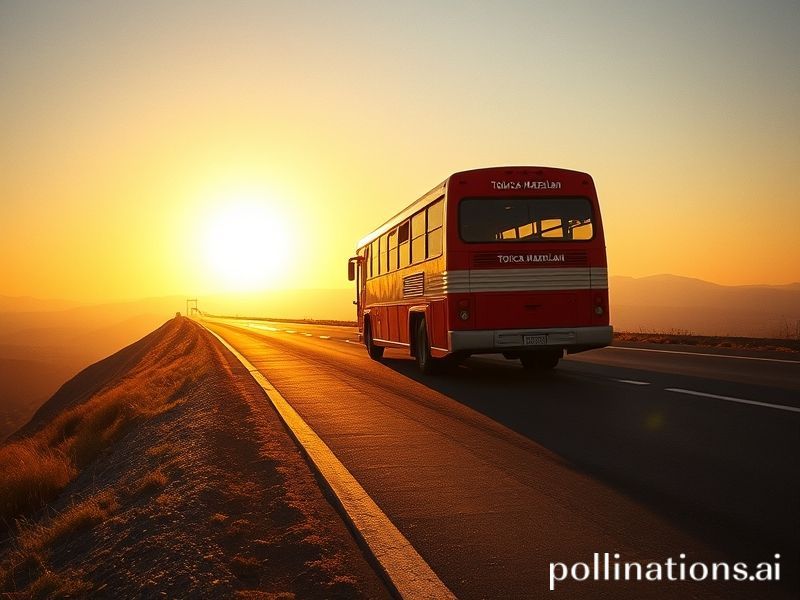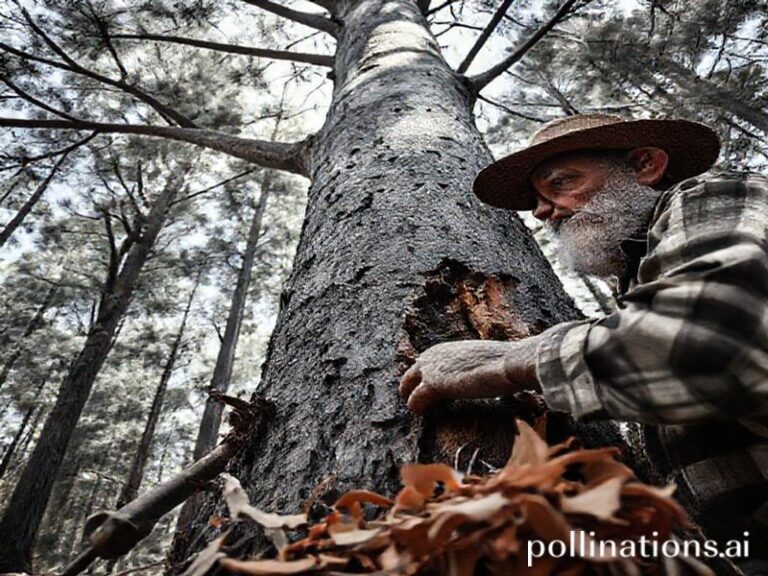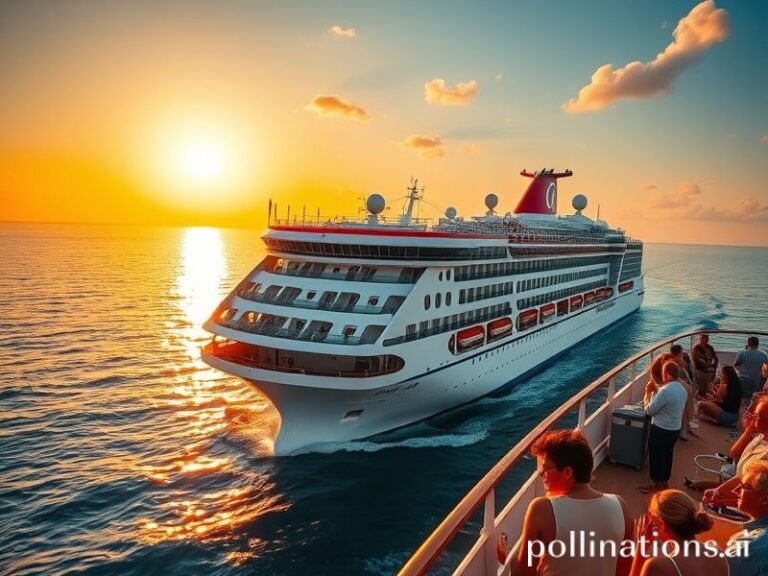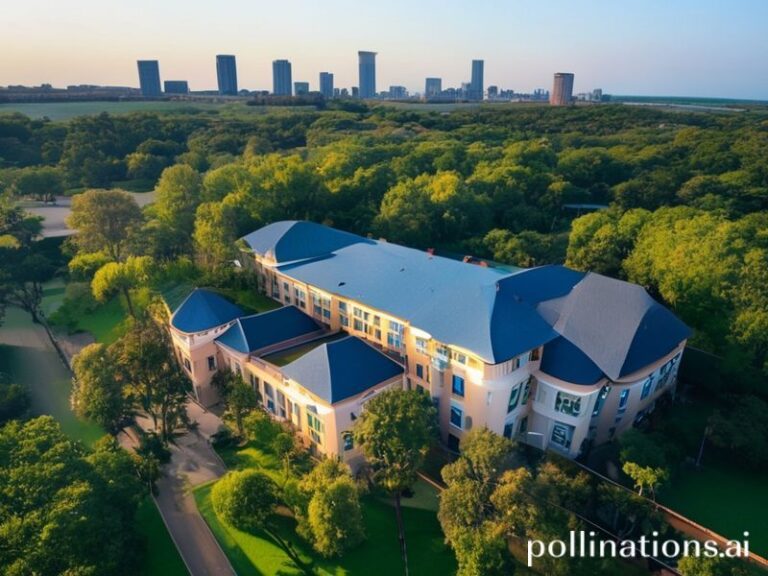Toluca to Mazatlán: The World’s Most Polite Smuggling Highway Explained
The 1,000-kilometre ribbon of asphalt officially known as Mexican Federal Highway 15D has, for decades, served as the world’s most polite smuggling corridor—an autobahn where avocados, fentanyl, and TikTok influencers share lanes like awkward cousins at a family barbecue. Linking the industrial lung of Toluca, Estado de México, to the sun-bleached narcobeach of Mazatlán, Sinaloa, the route has quietly become a geopolitical barometer: when traffic flows, global supply chains breathe; when convoys burn, the Dow Jones catches a chill.
Outsiders tend to romanticise the drive as a three-act telenovela—misty pines giving way to cactus, then suddenly the Pacific glinting like a cartel’s smile. In reality, the scenery is less magical realism, more algorithmic realism: every Pemex station is a node in the planetary logistics grid that keeps Brussels’ guacamole green and Vancouver’s Adderall generic. Apple watches ping heart-rate spikes at military checkpoints staffed by teenagers who can’t legally drink Tecate but can confiscate your entire cargo based on a TikTok rumor. Globalisation, it turns out, wears body armor and carries an unpaid phone bill.
The pandemic turned the Toluca-Mazatlán corridor into a sort of North-South Silk Road for the desperate. With air freight grounded, refrigerated trailers full of berries—destined for Whole Foods in Portland—were hijacked by enterprising locals who discovered that frozen açai bowls are easier to fence than flat-screen TVs. Meanwhile, German carmakers fretted over steering-column chips stuck in Toluca’s maquiladoras, proving once again that supply chains are just dominoes wearing suits. The same road that once moved Aztec silver now moves lithium for Tesla batteries, giving historians a migraine and venture capitalists a stiff drink.
Climate change has added its own punchline. Last summer, a Category 3 hurricane parked itself over Mazatlán like a drunk tourist who won’t leave the pool bar. The resulting floods sent 40 tons of unregulated shrimp into international waters, where they were intercepted by a Greenpeace vessel protesting overfishing. Nothing captures late-stage capitalism quite like eco-warriors confiscating contraband crustaceans originally meant for an all-you-can-eat buffet in Tokyo.
Security analysts—those cheerful folks who quantify human misery in PowerPoint—note that every peso spent on the Toluca-Mazatlán toll booths is a vote for either state capacity or state comedy. When the federal government installed solar-powered panic buttons every 20 kilometres, enterprising thieves simply stole the solar panels, thereby achieving carbon-negative larceny. The World Bank cited the episode in a report titled “Innovation in Emerging Markets,” which is bureaucratese for “We give up.”
Internationally, the corridor is a stress test for the USMCA trade pact. American growers want Mexican produce; American voters want Mexican laborers to stay invisible; Mexican cartels want American guns to stay very visible. The result is a multilateral tango where everyone steps on each other’s toes but pretends it’s choreography. When the U.S. ambassador tweets concern about fentanyl labs, a Sinaloa traffic cop earns a month’s salary waving tourists past a checkpoint that exists only in Waze. Somewhere in Geneva, a trade delegate updates a spreadsheet labeled “Friction Costs,” unaware that the actual friction involves bribes wrapped in tortilla foil.
And yet, humanity persists. Wedding parties still caravan from Toluca to Mazatlán, streaming Spotify playlists that hop from narcocorridos to BTS without irony. Dutch influencers film reels of roadside birria tacos, tagging #vanlife while their followers in Jakarta debate whether the meat is halal. The road remains what it has always been: a moving theatre where every traveler thinks they’re the protagonist, right up until the plot twists at kilometer 347.
As dusk spills over the Pacific and the last toll receipt flutters to the floorboard, one realises the Toluca-Mazatlán corridor isn’t just Mexico’s artery; it’s the planet’s jugular, pulsing with contraband dreams and avocado toast. We speed along it at our own peril, comforted only by the knowledge that somewhere ahead, the next checkpoint will ask for the same bribe it asked our grandparents—adjusted, of course, for inflation and existential dread.







